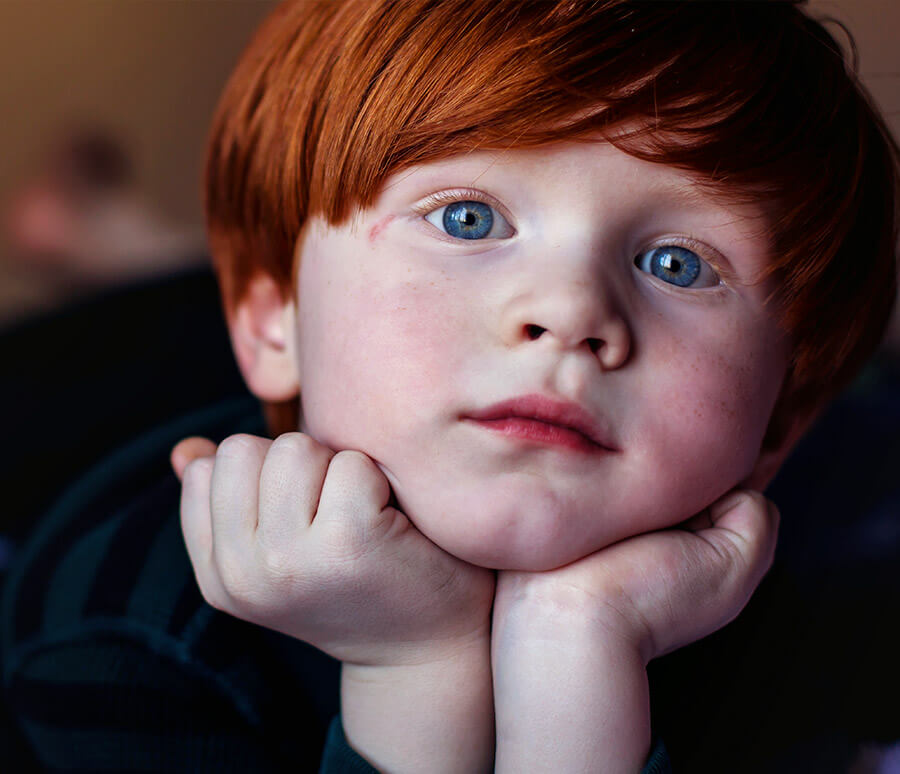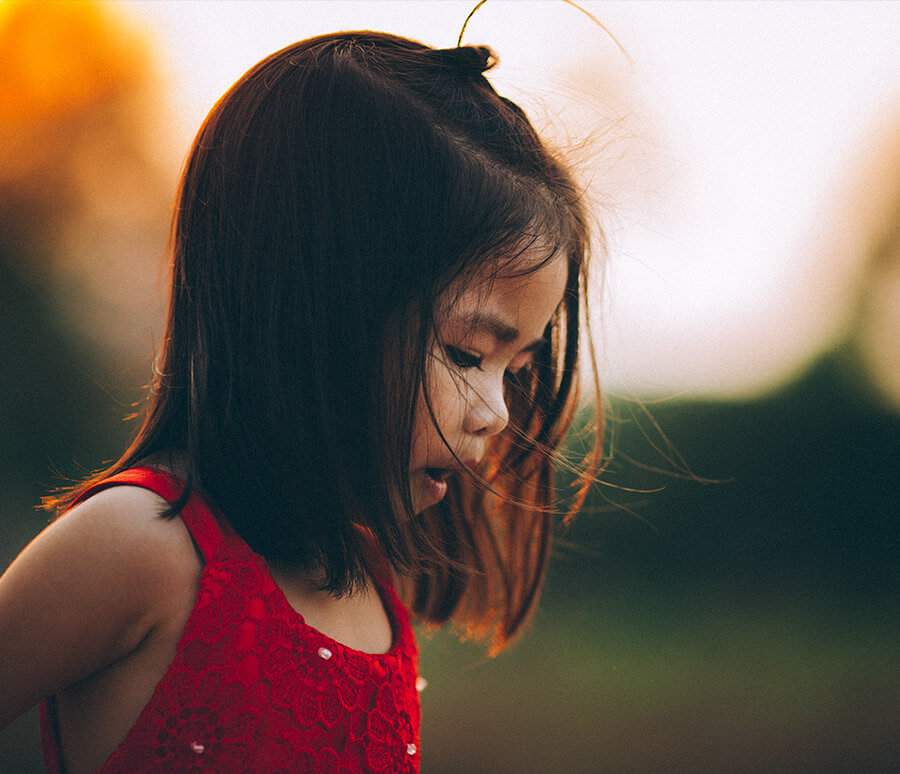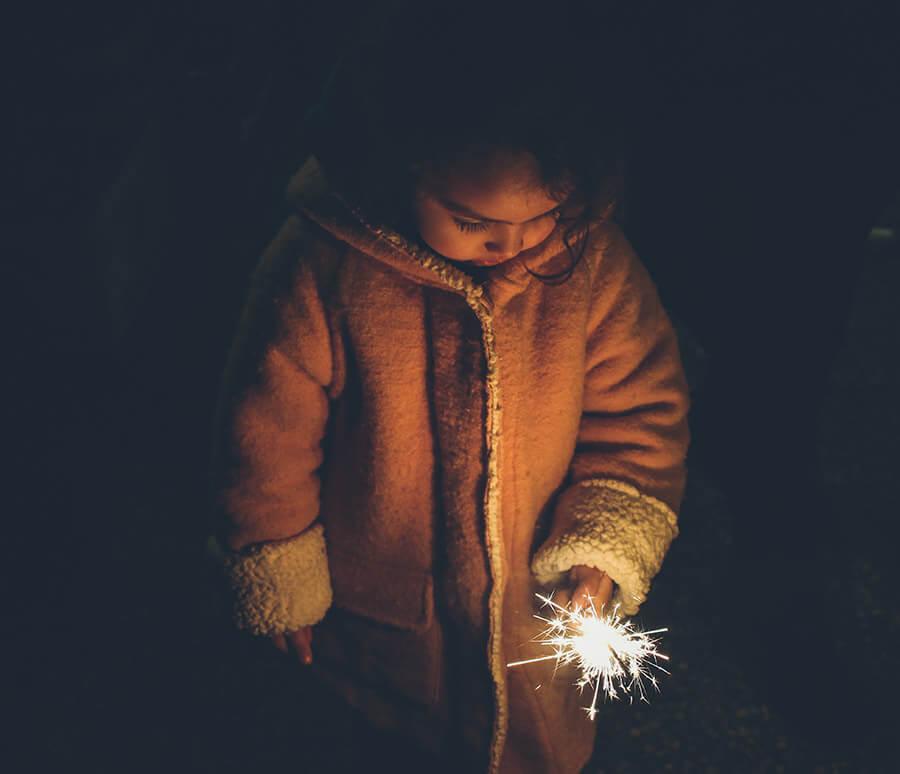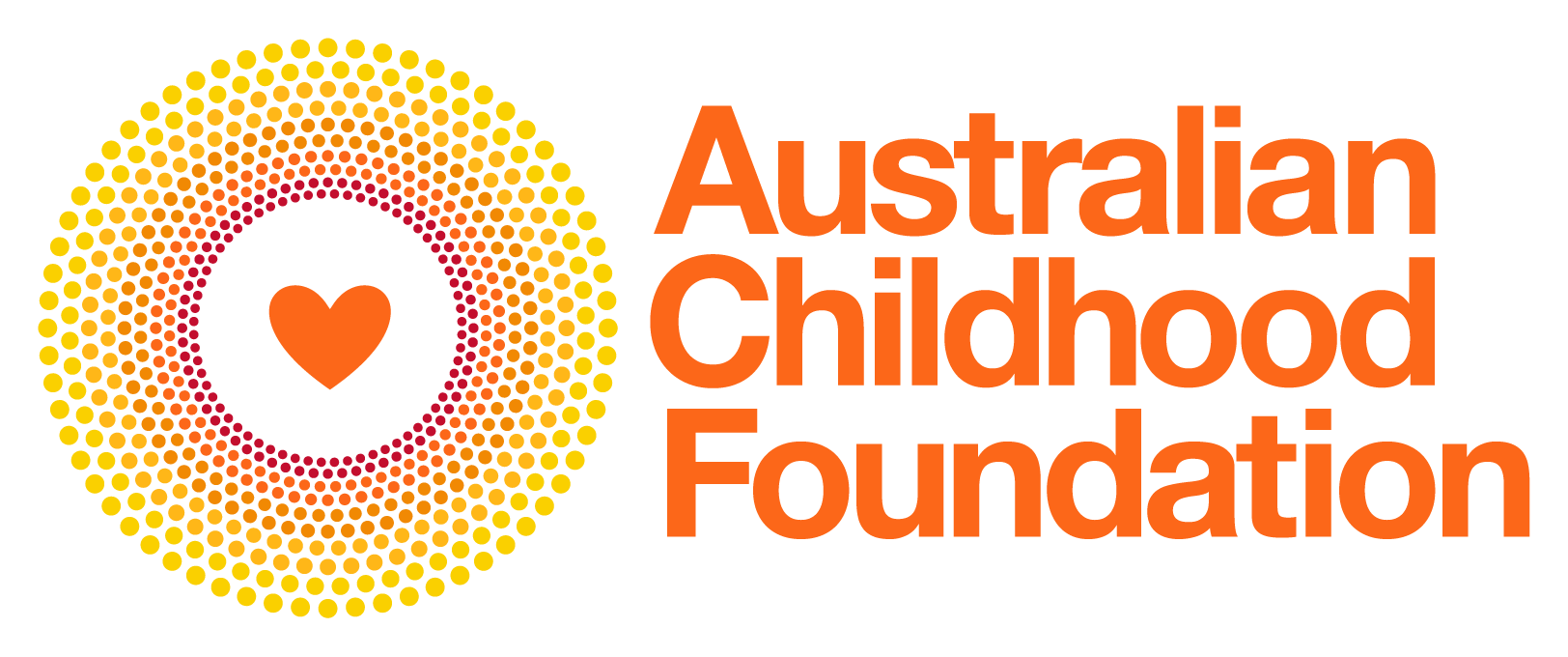Caring for
Carers
We work to help children
find security, love and home
All children need to feel safe, respected and loved, and that they belong. Our therapeutic care program helps this to happen. Our goal is that all children receive a therapeutic approach while they live in foster care, to ensure that it’s a positive, life-changing experience for the child and their foster family.
The Australian Childhood Foundation has developed a therapeutic care program for children needing foster care. This is now being replicated in partnership with other organisations throughout Australia.

What is the Therapeutic Foster Care Program?
As you can imagine, children needing foster care have experienced trauma as a result of abuse, family violence and neglect. They show a range of complex behaviours that require a totally different type of parenting. We work with the children, foster carers, the foster carer agencies and case workers from the Department of Human Services to provide the training and support that foster families need to help these children recover from their experiences.

Why have we developed this program?
Traumatised children come into a foster family believing the world is unsafe, that adults cannot be trusted, and that good things don’t happen to them. Much of their behaviour, which is often viewed as naughty or disruptive, is about survival. Some of their survival strategies have included staying awake at night to keep themselves safe, or being ever-watchful for a changed tone of voice that could mean they were about to be beaten, or moving about the house silently as they foraged for food without being detected by their parents. Foster parents need help to understand what has happened to the children they care for and how to respond to their behaviour in a supportive and loving way.

Why is this program so successful?
The success of the program is due to the team approach taken to support the children and their foster carers. A Care Team is allocated to every child and foster family, made up of the Therapeutic Foster Care worker from our partner organisations that include Anglicare, OzChild, Westcare (Salvation Army) and Kilmany Family Services; the foster care family; the therapeutic specialist – that’s us; and the case worker from the Department of Human Services. We all meet regularly to discuss the progress of the child and family. At all times, the child is at the centre of all decision-making. Also, the additional training and the level of intense support to the placement mean that the carers understand trauma, and are supported to respond in a way that aids the child’s healing.

What is a major challenge that foster carers face?
It can be overwhelming and stressful to acknowledge what these children have experienced. This is why the Care Team is so important. Foster carers are intensely supported during these difficult times. It is rewarding to watch a child recover from feelings of worthlessness to a belief they are lovable and have special abilities because of the care and support of their foster carers.

What is the impact on other children in the family?
It can be understandably challenging for the biological children of the foster carer. They often don’t understand why the foster child is treated differently, particularly when they are not punished for behaviours usually frowned on by their parents. We help them to understand that these children need to be supported differently, that they need a unique response to their behaviour, and that traditional parenting doesn’t work with these children. Again, it is really important that everyone in a foster family understands the trauma that foster children have experienced. Once each member of the foster family has this knowledge, they come on board and the entire foster family becomes the tight circle of support that traumatised children need.
